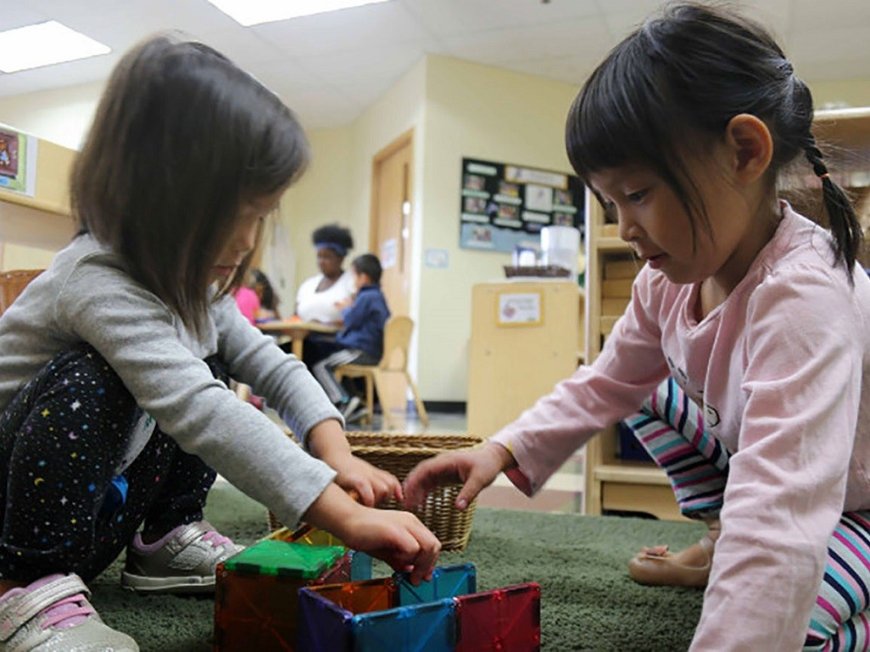If the kid doesn't adjust the foundations
of positive discipline, what rules are suitable for different age groups of children and so on. If the kid doesn't adjust the foundations.

Today, child psychologists disagree on how to properly raise children, how to properly apply the principles of positive discipline, what rules are suitable for different age groups of children and so on. If the kid doesn't adjust the foundations.
We often hear from parents: œWe tried to line rules for our kid. We have a tendency to explain that if a baby violates them, the results are going to be anticipating him. We have a tendency to do everything we have a tendency to might - and it did not work. Our kid remained uncontrollable (rude, defiant, etc.). If you're raising a baby, you will have had similar thoughts.
Many parents have tried all possible ways to discipline a child, and are still convinced that nothing works. The fact that the child does not respond to any ways to accustom him to discipline, only irritates parents. If all this is familiar to you, ask yourself a few questions:
- Am I consistent in my rules or do I apply them from time to time?
Consistency in the rules of discipline is necessary in order to raise a child effectively. If parents apply the consequences in raising a child only on a case-by-case basis, she can quickly realize that the parents are inconsistent and can change their minds. The child may try to take advantage of this.
It can be helpful for parents to try to be more consistent in their rules before thinking that the consequences for the child are not working.
- Are all together in this situation?
Sometimes it happens that other relatives (grandparents, etc.) do not know about the rules and consequences that you set for the child. Sometimes they deliberately break the rules when you are not around. This can be a problem.
Children always follow the example of their parents, but other close relatives can also influence them. In such situations it is necessary to take the initiative in the hands and to be convinced that in education of the child all at the same time. It will only benefit the child.
- Do I monitor my child's behavior?
You can use the "responsibility table" for this. This is a good way to explain to the child the rules, household responsibilities or desired behavior, as well as to inform what consequences await him if he does not follow the rules.
The advantage of this method is that it can quickly put an end to disputes with the child about whether you are doing justice to her. You can always justify your actions by saying that "it is written in the table".
Must Read: The government failed to register the community for vaccination
If the child does her homework or follows the rules, she receives a tick or an asterisk. If not, you can ask the child: "What are the consequences for what you did (or, conversely, did not do?").
"Responsibility tables" can help a child become more independent. They also help her build self-confidence as the child begins to think, œI can be organized. I can bring the case to an end. I'm great. I am capable of many things. "
- What consequences do I apply? Are they strict enough?
The consequences are most effective when the child is temporarily deprived of privileges - cannot watch TV, play computer games, walk with friends and more.
If the consequences are very mild, the child is unlikely to want to obey. When parents set a rule and demand it, while remaining steadfast but loving when they apply the consequences of not following it, they do the child a great service. They are not evil - they just effectively raise a child.
After all, if it is not the parents who teach the child because there are bad consequences for every wrong choice, then who is?
Therefore, before thinking that a child is uncontrollable and does not obey any rules, parents should answer the four questions described above and adjust their approach. And a child who previously seemed disobedient will change.
When a child grows up, she will be deeply grateful to her parents for their love and the life lessons they have given her.
From the first days of school, the child immediately has high expectations. Teachers, parents, friends - all expect from her a certain behavior or academic achievement. It can be exhausting for a child, and he may not always understand what is expected of him. Especially if she is in school recently.
When a child comes home after school, she needs a place to let off steam. She needs a safe space where others know and understand her behavior and character traits.
Have you ever noticed that a child, when returning home, is dissatisfied,
